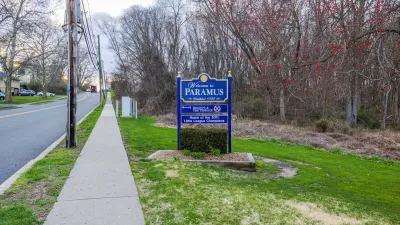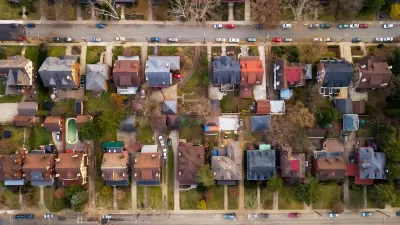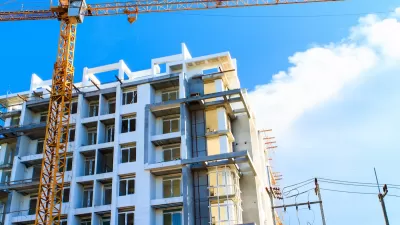The 2023 Washington state legislature will evaluate a slew of proposals aimed at increasing housing supply and affordability.

In an article for Crosscut, Josh Cohen lists some of the proposed housing bills to be introduced in the next session of the Washington state legislature. “Recognizing that there’s no silver bullet for Washington’s housing crisis, legislators and advocates are pushing a slew of bills meant to increase market-rate construction, subsidized affordable housing and renter protections.”
Among the proposed bills is House Bill 1110, which “would allow construction of up to four units on any residential lot in cities with 6,000 or more residents. If developers make two units affordable for people earning 80% or less of the area median income, they could build up to six units on any residential lot.” Developments within half a mile of transit stations would be exempt from the affordability requirement. “Another bill would eliminate design review boards for residential construction,” streamlining the construction process and bringing down costs. Yet another would eliminate parking requirements near transit.
To address the needs of the sizable segment of Washington’s population that can’t afford market-rate housing, “Gov. Inslee wants to issue bonds to generate $4 billion for affordable-housing construction and homeless services over the next six years.” The plan must be approved by the legislature and then voters.
To protect renters from exorbitant price increases despite the state’s ban on rent control, “housing advocates expect the Legislature to take up a new ‘anti-gouging bill’ this session that would cap how much landlords can raise rents each year” in a similar way.
FULL STORY: How WA's legislature is addressing the housing crisis in 2023

Alabama: Trump Terminates Settlements for Black Communities Harmed By Raw Sewage
Trump deemed the landmark civil rights agreement “illegal DEI and environmental justice policy.”

Planetizen Federal Action Tracker
A weekly monitor of how Trump’s orders and actions are impacting planners and planning in America.

Why Should We Subsidize Public Transportation?
Many public transit agencies face financial stress due to rising costs, declining fare revenue, and declining subsidies. Transit advocates must provide a strong business case for increasing public transit funding.

Understanding Road Diets
An explainer from Momentum highlights the advantages of reducing vehicle lanes in favor of more bike, transit, and pedestrian infrastructure.

New California Law Regulates Warehouse Pollution
A new law tightens building and emissions regulations for large distribution warehouses to mitigate air pollution and traffic in surrounding communities.

Phoenix Announces Opening Date for Light Rail Extension
The South Central extension will connect South Phoenix to downtown and other major hubs starting on June 7.
Urban Design for Planners 1: Software Tools
This six-course series explores essential urban design concepts using open source software and equips planners with the tools they need to participate fully in the urban design process.
Planning for Universal Design
Learn the tools for implementing Universal Design in planning regulations.
Caltrans
Smith Gee Studio
Institute for Housing and Urban Development Studies (IHS)
City of Grandview
Harvard GSD Executive Education
Toledo-Lucas County Plan Commissions
Salt Lake City
NYU Wagner Graduate School of Public Service





























